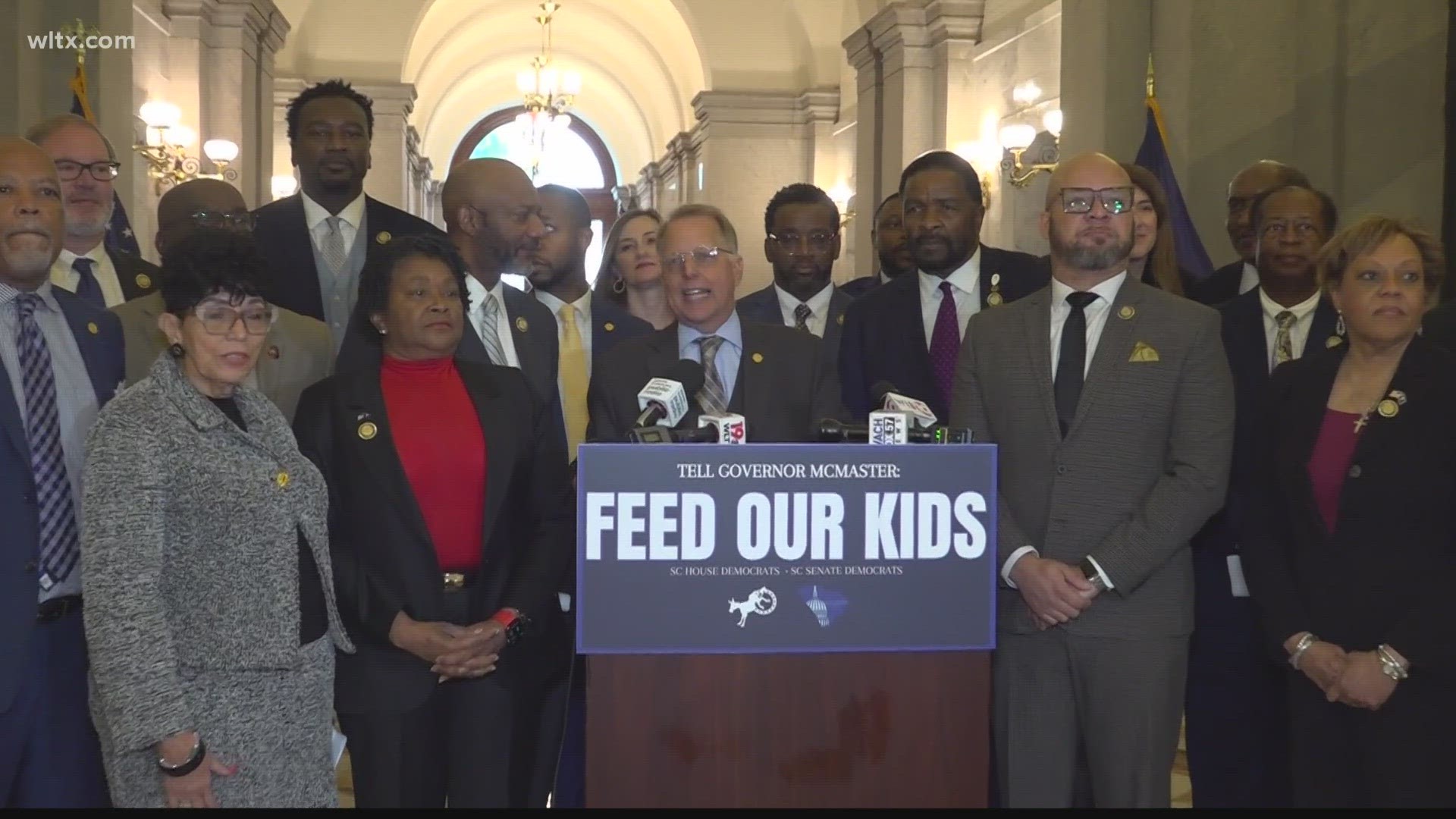COLUMBIA, S.C. — South Carolina is among 15 states that have opted out of the Summer EBT program.
Previously known as "food stamps," the Supplemental Nutrition Assistance Program (SNAP) can help families pay for food if they have a low income. Each month, SNAP benefits are added to an Electronic Benefits Transfer (EBT) card for food shopping.
South Carolina previously had the summer K-12 pandemic EBT program in 2023.
The program allowed low-income parents to use the benefits to buy groceries during the summer. Now, families who qualify for that program must find alternative solutions for this upcoming summer.
Orangeburg County Representative Gilda Cobb-Hunter said this will greatly impact low-income families.
"I'm especially concerned about the impact on rural communities," Cobb-Hunter said. "It is totally needed across the state, but in rural communities in particular is where the need is greater. I'd like the hear from DSS those numbers of how many children will not be fed as a result of the state's decision to forgo those tax dollars to feed hungry kids during the summer months."
Director of South Carolina Appleseed Legal Justice Center Sue Berkowitz said families who need meals for children this summer can turn to their local feeding sites such as First-Steps programs, churches, and public schools.
"Parents are working as hard as they can, they're trying incredibly hard," Berkowitz said. "Now think about somebody who's making a minimum wage. In South Carolina, minimum wage means $7.25 an hour. That means people who have not gotten a raise in over twenty years. We need to be mindful that people who are going hungry or not going hungry because it's a choice or it's a lifestyle or it's not because they are not doing everything they possibly can."
Berkowitz said this will be more difficult for families who work or do not have accessible transportation.
"But then it means the children will have to go and you know that's a daily thing as well," said Berkowitz. "For parents who may be trying to work or have transportation challenges that can be a little bit difficult."

